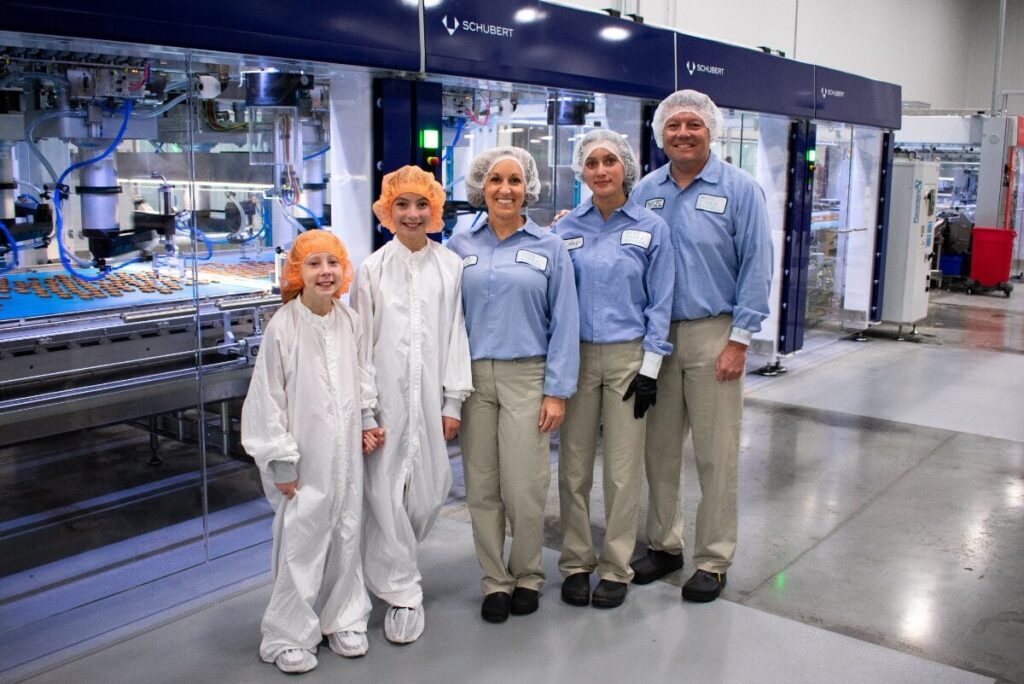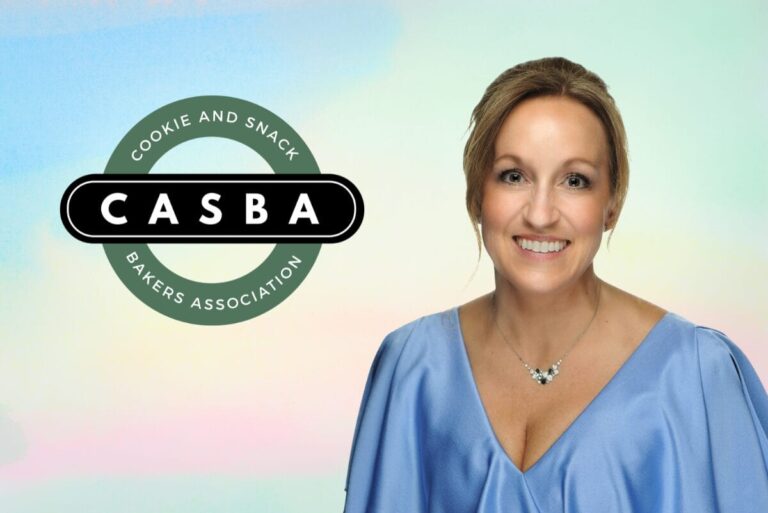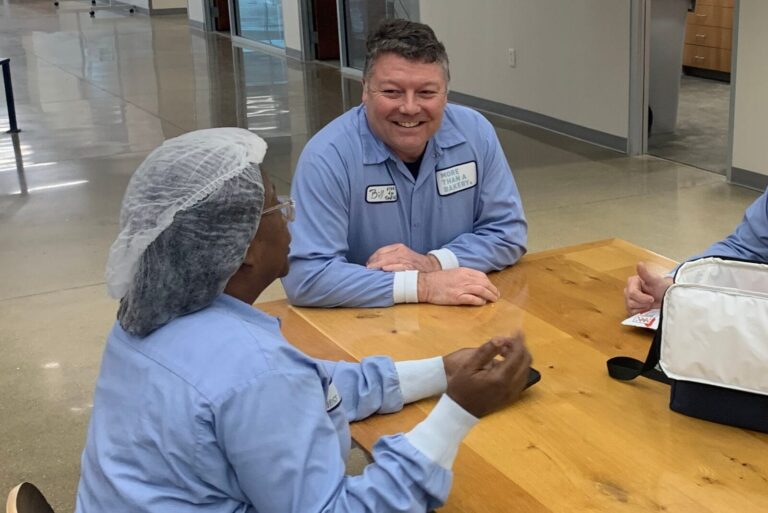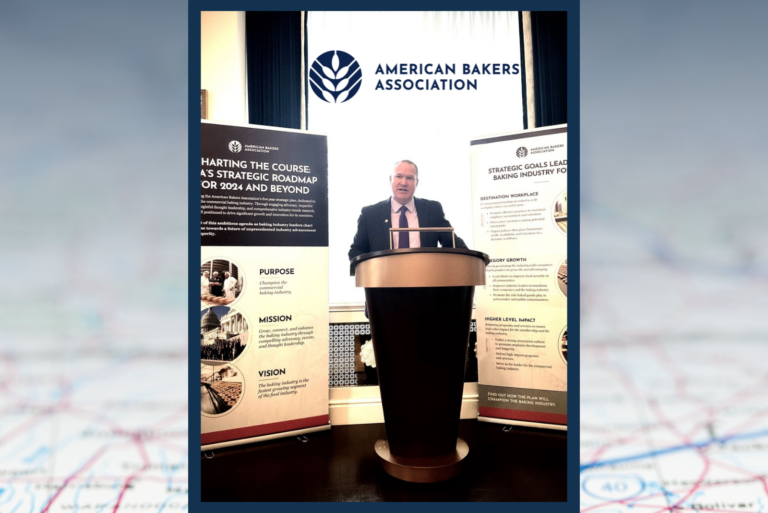VERSAILLES, KY — Time is a funny thing. The days are long, but the years are short. In the blink of an eye, a lifetime passes, leaving generations to contemplate their contribution to a legacy. That’s especially true for family-owned bakeries. When business passes down, each generation has an opportunity to create its own pivotal moments … the chance to write their own chapter in a long family story.
When James Quigg Jr. looked back on his chapter, he marked automating the flour system at Richmond, IN-based Richmond Baking as his pivotal contribution. For Bill Quigg, James’ son and current president of Richmond Baking and its sister company, Versailles, KY-based More Than A Bakery, the pivotal moments build a legacy.
Bill and his wife, Felicia, spun off More Than A Bakery with a mission to create exactly what the name suggested: a new kind of commercial baking culture that combined the grit and hard skills of manufacturing with the ties that bind like family.
“One of our pivotal moments was creating More Than A Bakery,” Bill said. “There was a lot of work we did from a design standpoint, and Felicia created a culture that connected the people and company in a way that very much intertwined them together.”










